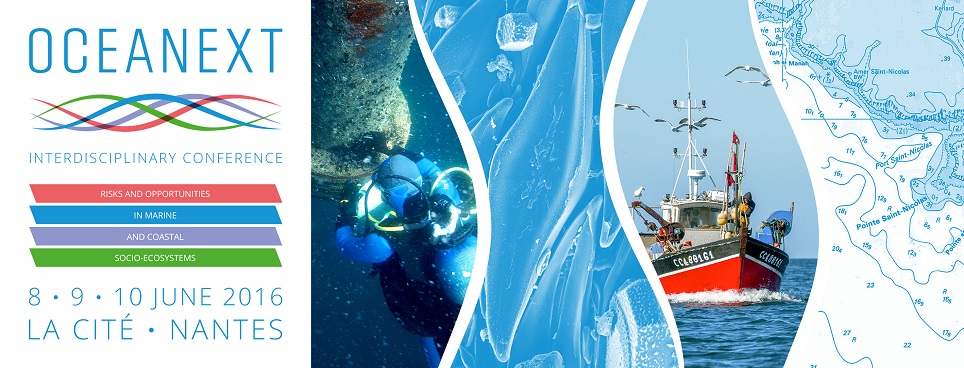Extending the notion of spatial governance from the land to the sea raises questions about the extent to which practices which have developed in the context of stable and settled terrestrial environments can be transferred to physically dynamic marine settings which are much less amenable to human control and development. For marine spatial planning (MSP) to produce a framework of spatial use requires reflection on its conceptual base and application. Taking as a starting-point recent progress in planning thought, this paper explores an approach to MSP that seeks to be more responsive to the characteristics of the marine environment and its governance. Theories of ‘soft space', along with wider post-structuralist reinterpretations of urban and regional territories, provide the basis for understanding the sea as space-being-planned and developing an approach to marine spatial planning that responds to the sea's inherent liveliness. The resulting framework is used to interpret recent MSP initiatives and suggest a more ‘immersed' approach to MSP practice.

 PDF version
PDF version
